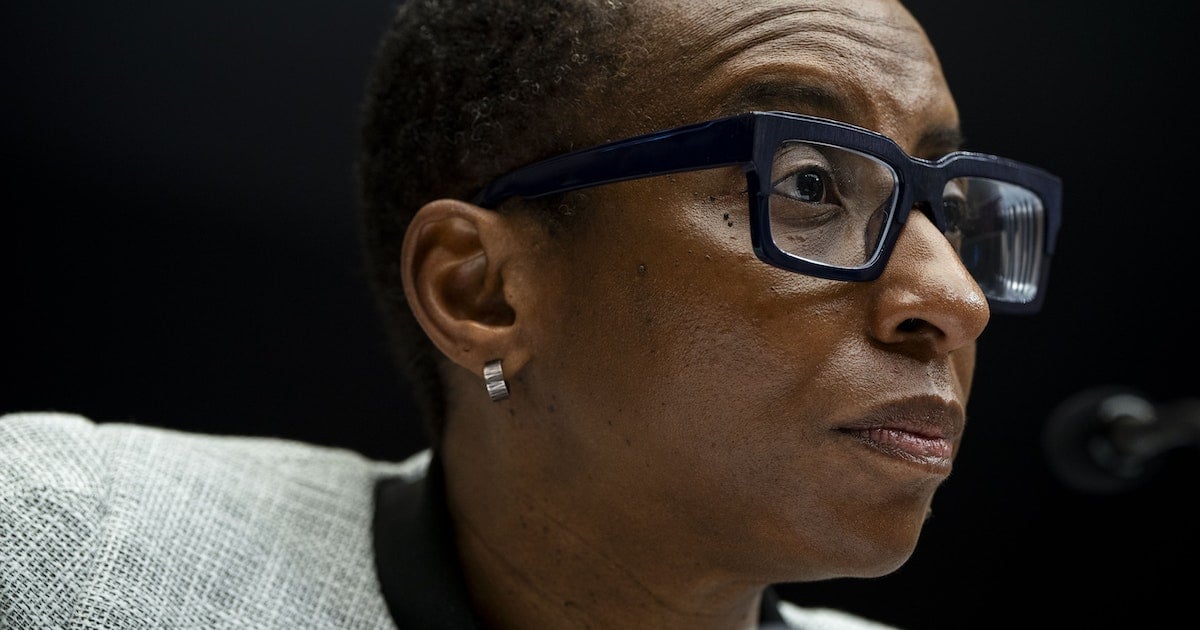
Plagiarism is not a new problem at Harvard. For years it’s been clear that Harvard (and probably universities elsewhere) treat plagiarism as a minor offense when it’s committed by faculty or administrators and a major offense when it’s committed by undergraduates. I wrote about this 22 years ago when Doris Kearns Goodwin got busted for plagiarism while she served on Harvard’s Board of Overseers. Goodwin eventually had to resign from the post, but only after a cresting wave of bad publicity spawned an editorial in the Harvard Crimson saying she had to go. Goodwin then persuaded several eminent historians to write a letter to The New York Times denying that her offense had been plagiarism at all—which, as I pointed out, was manifestly untrue.
Nothing has changed. Harvard’s first response to the plagiarism charges raised last fall was to threaten to sue The New York Post for defamation. Even David Canon, the victim of Gay’s most appalling instance of plagiarism, pretended the accusations were terribly unfair; he told the Free Beacon that “I am not at all concerned about the passages” and “This isn’t even close to an example of academic plagiarism.” (Word of advice to Canon’s students at the University of Wisconsin: Don’t expect him to treat you with corresponding lenience.) Others whom Gay plagiarized also rushed to defend her. The professional scholar’s first instinct when professional plagiarism rears its head is to deny, deny, deny.
It would be one thing if such gallantry were extended to undergraduates, but of course it isn’t. Not at Harvard, anyway. I noted in my Goodwin pieces 20 years ago that plagiarism was a hanging offense for undergrads, and it remains one today, according to an op-ed published anonymously on December 30 in The Harvard Crimson. The author is an undergraduate member of the Harvard Honor Council, which hears disciplinary cases, of which a 43 percent plurality are about plagiarism: